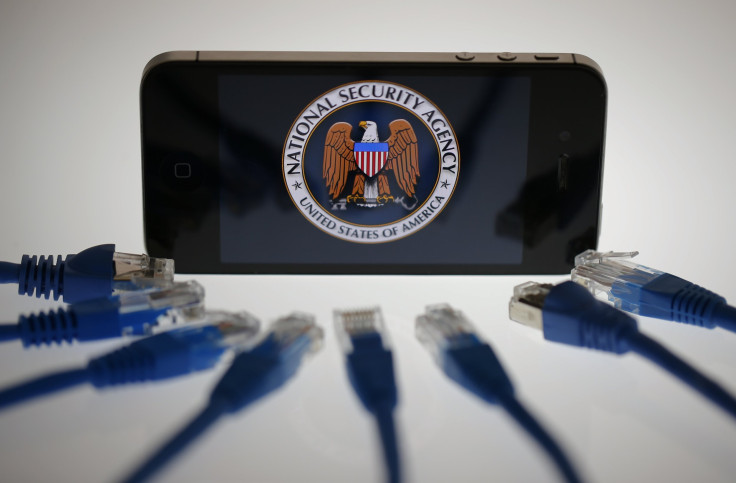Top Intelligence Official Lays Out Justification For Metadata Collection

On Friday, a top attorney in the intelligence community described the legal theory behind the government's metadata collection program, in terms that had been previously reported in the media, but not used by intelligence officials about the legal justification for the controversial surveillance program.
One result of Edward Snowden’s leaked documents is the discovery that the Foreign Intelligence Surveillance Court (FISC) has created a body of law, unbeknownst to the public, in order to justify the collection of phone call metadata on virtually all Americans. At the heart of this discovery -- at least thus far -- has been the definition of the term “relevance.” Reporting by the Wall Street Journal revealed that in secret opinions, the FISC had reinterpreted the meaning of “relevance” to permit under section 215 of the Patriot Act collecting a vast database of records in order to find a few that would be relevant to a terrorism investigation. In most criminal cases, a dragnet of that scope would not be permitted.
Robert Litt, general counsel at the Office of the Director of National Intelligence, who has made a couple of appearances on Capitol Hill since the leaks began to justify the surveillance program to lawmakers, explained at a Brookings Institute event in Washington, D.C., that the government has indeed interpreted the term “relevance” with a broad brush to rationalize amassing the phone records of American citizens. But Litt said that the way the government views the term "relevance" is similar to the way it is interpreted in criminal and civil contexts outside of national security, even though the result may be a much wider collection of data. But in fact that is not the case.
Congress, Litt said, had in mind a broad understanding of the relevance standard when it added the term in section 215, also known as the “business records” provision.
"The telephony metadata collection program meets this relevance standard because, as I explained earlier, the effectiveness of the queries allowed under the strict limitations imposed by the court -- the queries based on 'reasonable and articulable suspicion' -- depends on collecting and maintaining the data from which the narrowly focused queries can be made," Litt said.
"As in the grand jury and civil discovery contexts, the concept of 'relevance' is broad enough to allow for the collection of information beyond that which ultimately turns out to be important to a terrorist-related investigation. While the scope of the collection at issue here is broader than typically might be acquired through a grand jury subpoena or civil discovery request, the basic principle is similar: the information is relevant because you need to have the broader set of records in order to identify within them the information that is actually important to a terrorism investigation. [emphasis added]," he said.
In other words, the usefulness of average Americans’ phone records is that it enables the sophisticated analyses performed at NSA to detect patterns that will lead to terrorist activity, rather than -- as courts have held outside the national security context -- requiring that the information itself be potentially pertinent to an investigation. The essential difference here is that rather than being limited to acquiring the personal information that could relate to the case, this new meaning of “relevance” defines the standard as allowing for the collection of information that will be useful simply by virtue of existing.
© Copyright IBTimes 2025. All rights reserved.






















